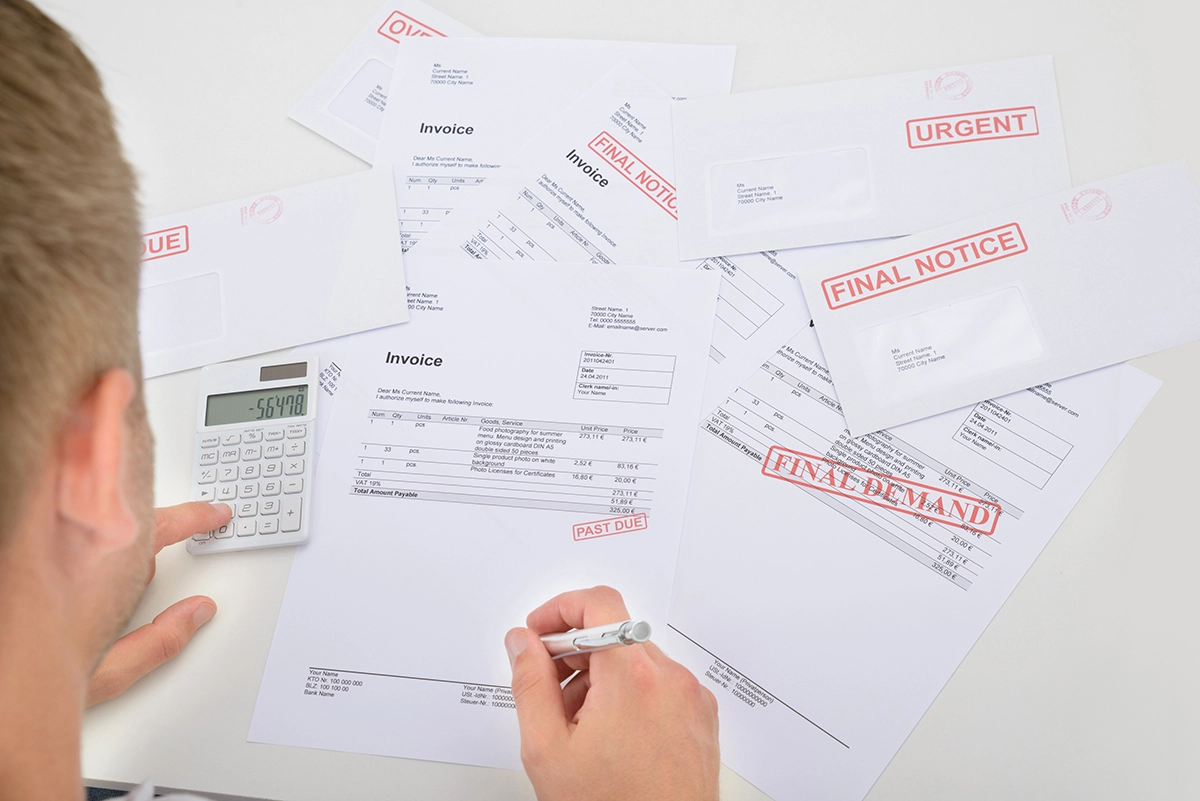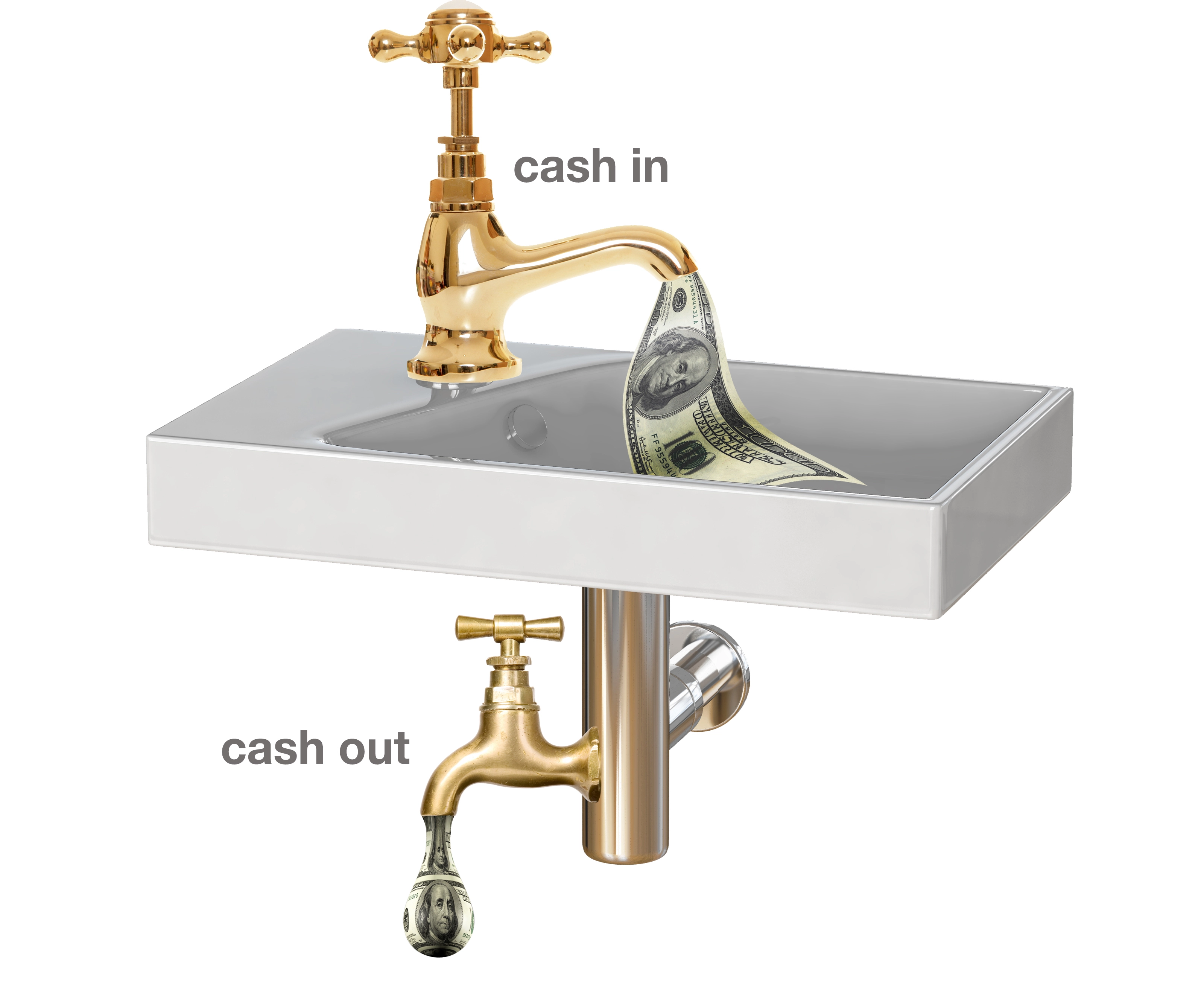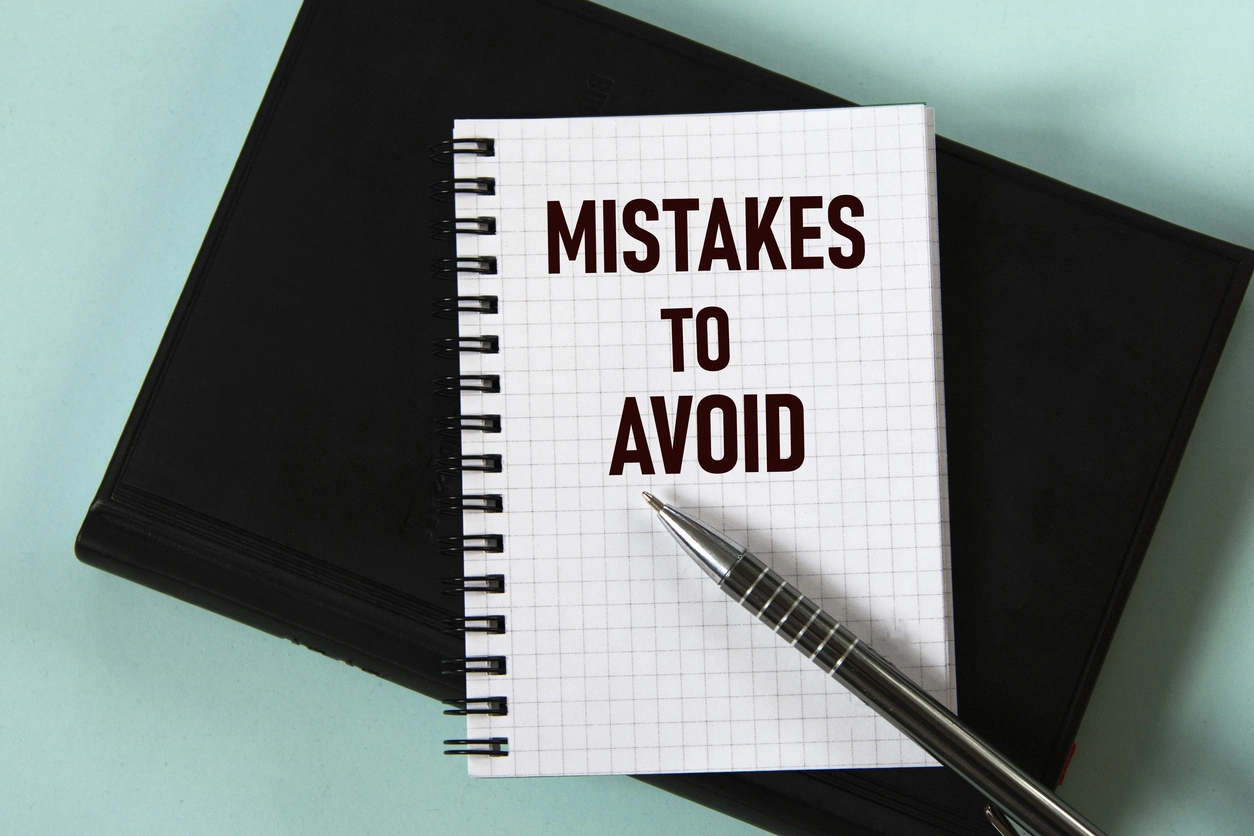Proper valuation of your business will yield greater profits.
All of us exit our businesses. We either sell it, shut the doors or our heirs dispose of it. Hopefully the exit is planned.
When planning to sell your business,whether to relatives, employees or others, you must place a value on your company. Valuation is more of an art than a science, as there are a lot of factors involved.
To make it easier, there are guidelines you can follow. For example, the hvacr industry consolidation created a template on how to value businesses.
Valuation of a business usually looks at three years of historical income statements. You'll start with the net operating profit from each year, and then add back the interest, depreciation and extraordinary expenses. Also, if you as an owner have taken more than 10 percent of the yearly company sales in compensation, then you need to add back the difference. Average the three year's profits plus add-backs.
Next, you'll add a multiplier between three and eight to the profits. This means that if the net operating profits plus the add-backs average $100,000, a multiplier of three would make your company's value $300,000. A multiplier of eight would make your company's value $800,000.
The multipliers will depend on the value of the assets on which most buyerswill focus: your customer list and the number of maintenance agreements you have. Yes, they will look at inventory, trucks and other assets.
However, your customer list and maintenance agreements are critical. These are the people who write the paychecks for your employees, pay the rent, etc.
Assuming the new owners and managers continue to offer the same outstanding service that you did, they count on these customers to continue purchasing goods and services from your company after you are gone. So, the better your customer list, number of maintenance agreements and other recurring assets, the higher the multiplier will be.
I've also seen valuations solely on the value of maintenance contracts. Many commercial businesses are valued this way. These multipliers are anywhere from three to six. Again, the multiplier depends on the number of recurring contracts and the customer base.
To get your business ready for sale, good due diligence asks questions in all areas of your business. Refer to the sidebar, which is the list that we used at Service America back in the late 1980's. It is long; however, it is extremely thorough. You can use it as a tool when preparing to sell your business. You can also download this document at the HVACR Business downloads center.
Ruth King has over 25 years of experience in the hvacr industry and has worked with contractors, distributors, and manufacturers to help grow their companies and become more profitable. She is president of HVAC Channel TV and holds a Class II (unrestricted) contractors license in Georgia. Ruth has written two books: The Ugly Truth About Small Business and The Ugly Truth About Managing People. Contact Ruth at ruthking@hvacchannel.tv or 770.729.0258.





